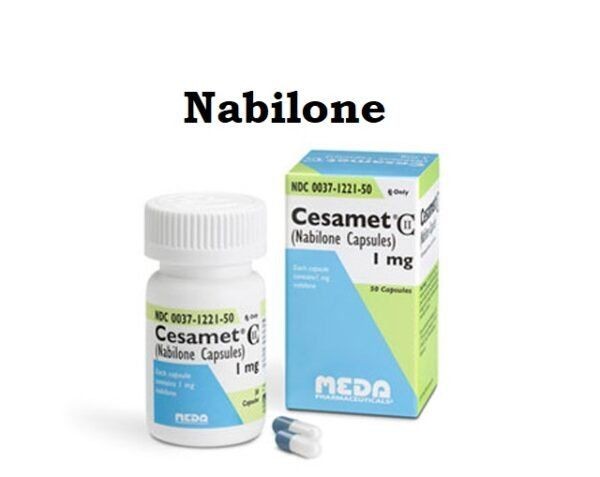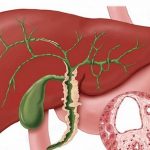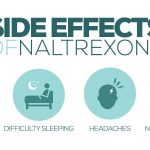
nabilone – oral
This medication is used to relieve severe nausea and vomiting caused by cancer chemotherapy. It is used when other drugs to control nausea and vomiting have not been successful. Nabilone is a man-made drug similar to the natural substances found in marijuana. It decreases the signals in the brain that lead to nausea and vomiting.
This drug is taken by mouth, usually twice a day or as directed by your doctor. Dosage is based on your response to treatment. The first dose may be taken the night before the chemotherapy treatment. On the day you receive chemotherapy, you should take nabilone 1-3 hours before chemotherapy begins. If required, this drug can be continued until 48 hours after the cancer drug treatment. Use this medication regularly throughout your treatment cycle to get the most benefit from it. Take it at the same times each day. This medication should not be taken on an "as needed" basis. It may cause withdrawal reactions if stopped suddenly. To prevent withdrawal reactions, your doctor may reduce your dose gradually.
This medication may cause dizziness, drowsiness, dry mouth, feeling "high", an exaggerated sense of well-being (euphoria), lightheadedness, headache, trouble sleeping, or memory problems. If any of these effects persist or worsen, tell your doctor or pharmacist immediately. Tell your doctor immediately if any serious side effects occur: fainting, mental/mood changes, unusual weakness, vision changes. Tell your doctor immediately if any rare but very serious side effects occur: fast heartbeat, seizures. Be under the close supervision of a responsible adult or caretaker while taking this medication. If you experience any mental, mood, or behavior changes, tell your doctor immediately. Seek immediate medical attention if you notice any symptoms of a serious allergic reaction, including: rash, itching/swelling, severe dizziness, trouble breathing.
Before taking nabilone, tell your doctor or pharmacist if you are allergic to it; or to marijuana or related products; or if you have any other allergies. This product may contain inactive ingredients, which can cause allergic reactions or other problems. Talk to your pharmacist for more details. Before using this medication, tell your doctor or pharmacist your medical history, especially of: liver disease, high blood pressure, heart disease, mental/mood conditions, personal or family history of regular use/abuse of drugs/alcohol/other substances. This drug may make you dizzy, drowsy, or affect your judgment. Do not drive or do any activity that requires alertness and clear thinking until you know how this medication affects you and until you are sure you can perform such activities safely. Avoid alcoholic beverages.
Your doctor or pharmacist may already be aware of any possible drug interactions and may be monitoring you for them. Before using this medication, tell your doctor or pharmacist of all prescription and nonprescription/herbal products you may use. Check the labels on all your medicines because they may contain ingredients that cause drowsiness, including alcohol. This document does not contain all possible interactions. Therefore, before using this product, tell your doctor or pharmacist of all the products you use. Keep a list of all your medications with you, and share the list with your doctor and pharmacist.
QUESTION
If overdose is suspected, contact a poison control center or emergency room immediately. US residents can call their local poison control center at 1-800-222-1222. Canada residents can call a provincial poison control center. Symptoms of overdose may include: fast heartbeat, severe dizziness, hallucinations, anxiety, difficulty breathing, loss of consciousness. Do not share this medication with others. It is against the law. If you miss a dose, take it as soon as you remember. If it is near the time of the next dose, skip the missed dose and resume your usual dosing schedule. Do not double the dose to catch up. Store at room temperature away from light and moisture. Brief storage between 59-86 degrees F is permitted. Do not store in the bathroom. Keep all medicines away from children and pets. Do not flush medications down the toilet or pour them into a drain unless instructed to do so. Properly discard this product when it is expired or no longer needed. Consult your pharmacist or local waste disposal company for more details. Information last revised December 2013. Copyright(c) 2013 First Databank, Inc.


